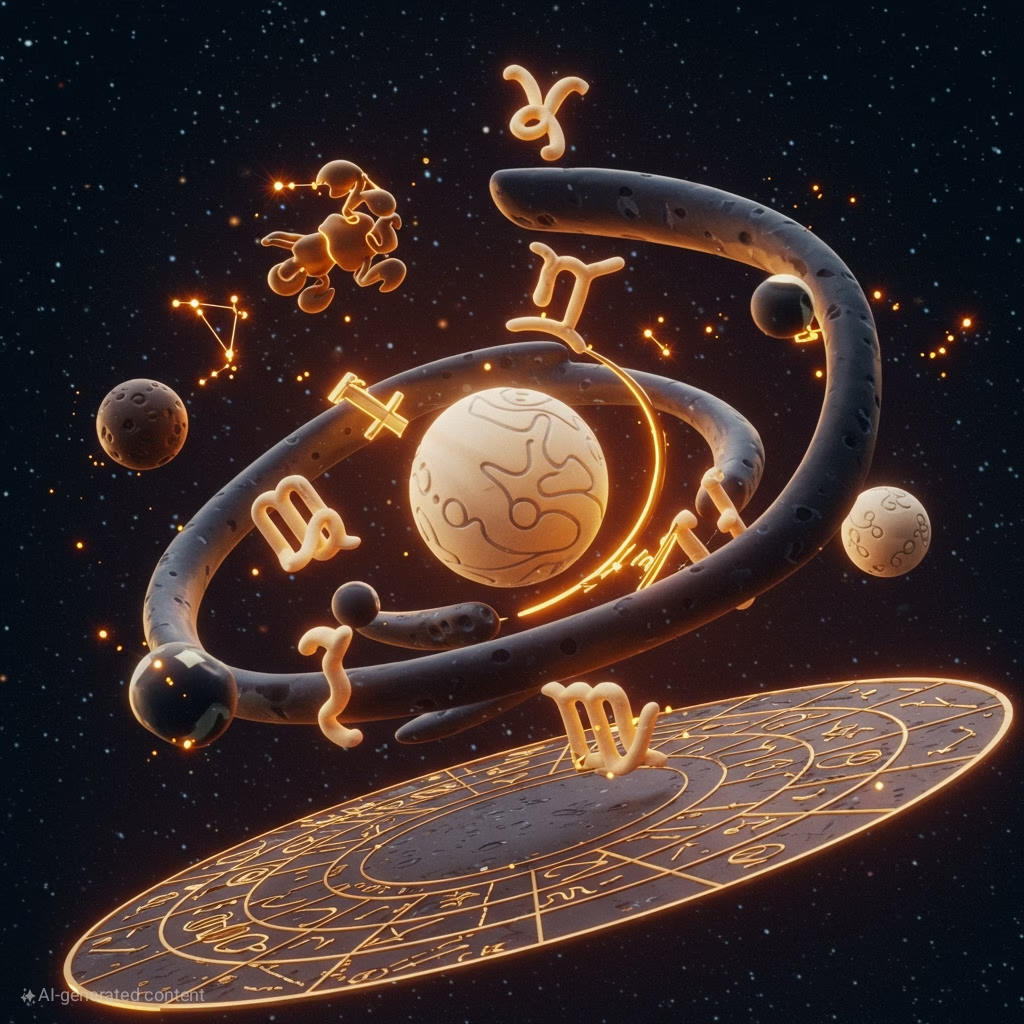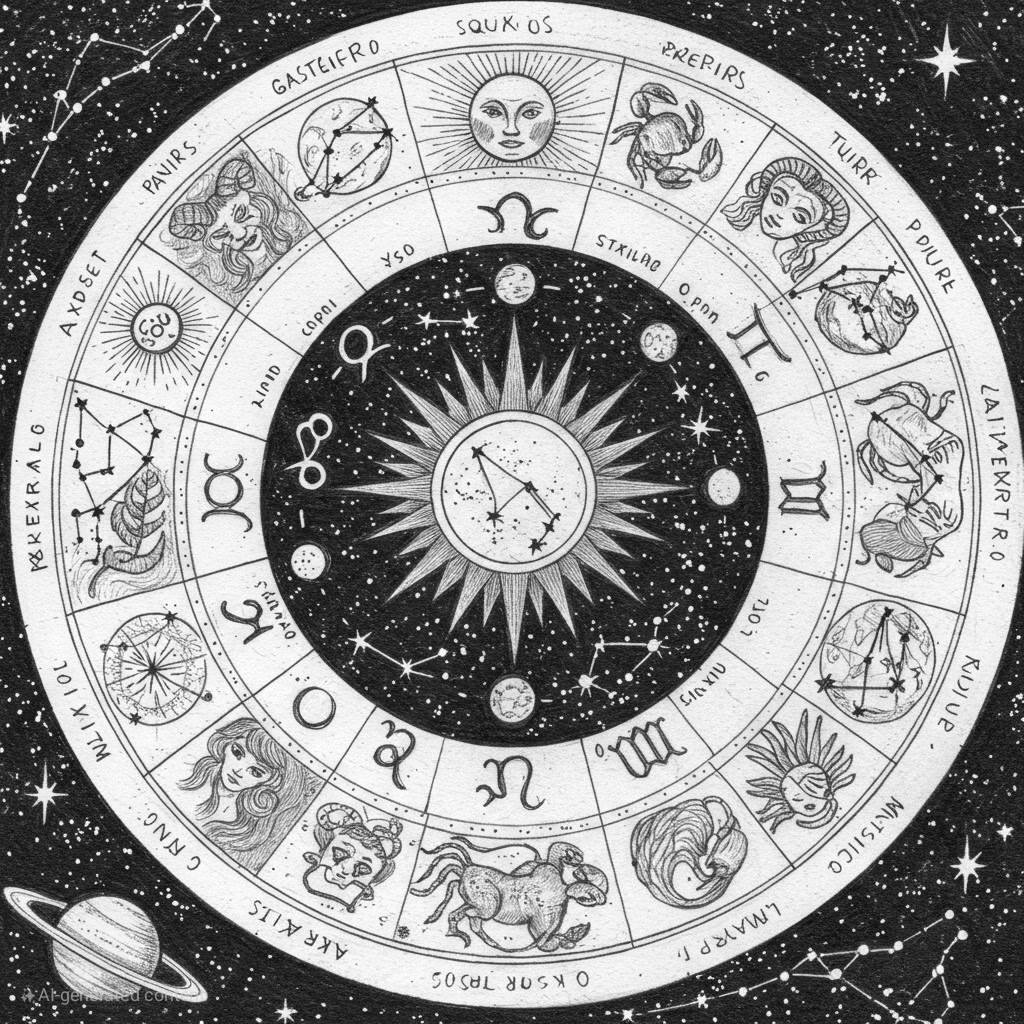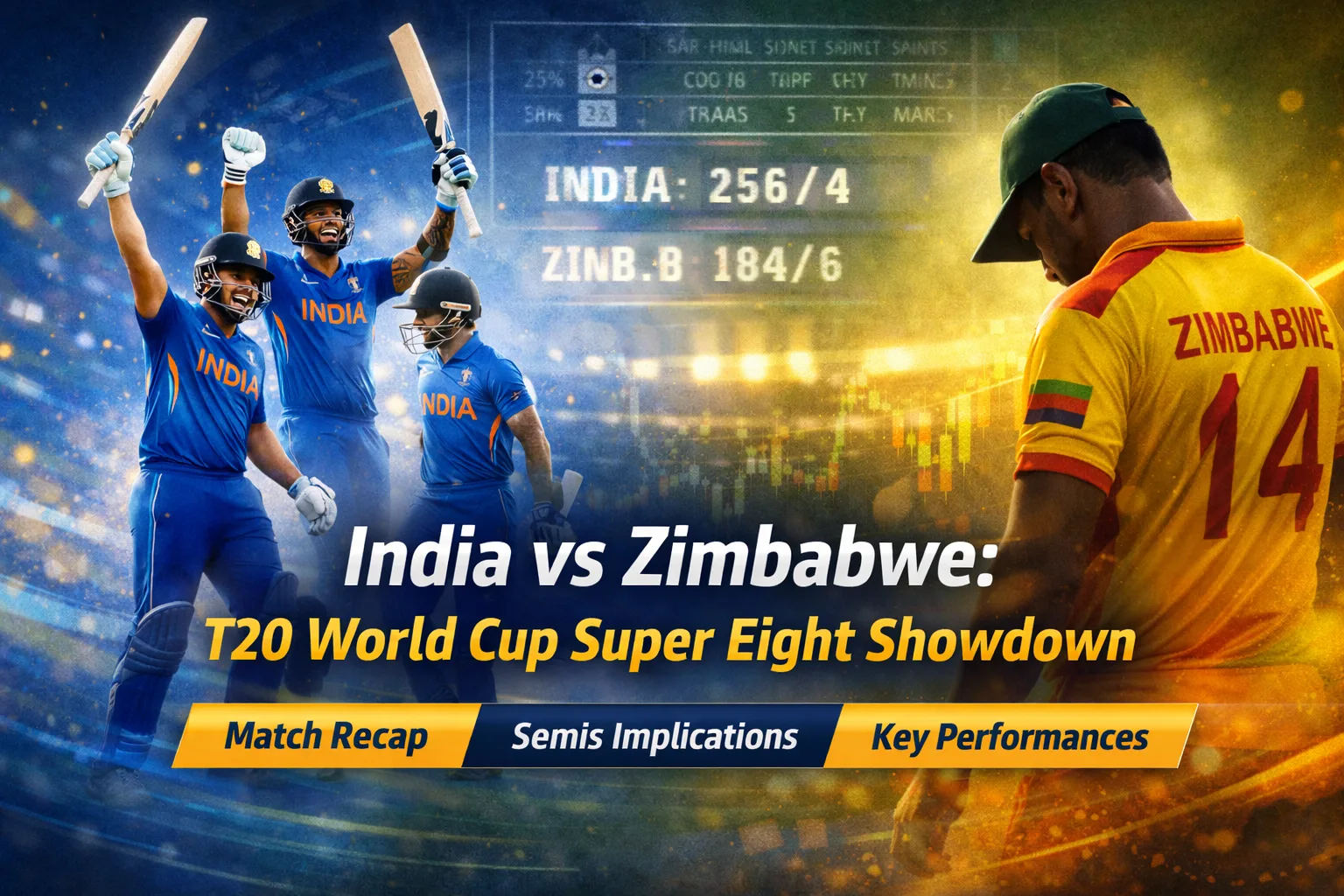People across the globe find comfort, insight, and guidance in horoscope astrology. From predicting personal traits to offering daily advice, its universal appeal stems from a blend of ancient roots, self-reflection, and cultural relevance.

🌍 Which Country Searches Horoscope Most Daily?
Recent data and search trend analysis show that India leads the world in daily searches for “horoscope” and astrology-related topics. Following India, the countries with the highest daily interest in horoscopes are:
- India
- United States
- Philippines
- Brazil
- United Kingdom
These nations consistently rank at the top when it comes to astrology content consumption.
Also Read: Football Transfer news
📚 Interesting Facts About Horoscope Astrology
- Astrologers use your Sun, Moon, and Rising signs—also known as the “Big Three”—to create detailed personality profiles.
- The zodiac originated around 1700 BC in Babylon and was later expanded by Greek astronomers.
- The twelve zodiac signs are categorized into four classical elements—Fire, Earth, Air, and Water—each representing different traits.
- Ancient systems like Vedic astrology (Jyotish), Babylonian horoscopy, and the Chinese zodiac contributed to the current global understanding of astrology.
🔍 Myths vs. Myth-Busters
Myth 1: “Astrology is just superstition.”
Myth-buster: While astrology lacks a scientific basis, it serves a powerful psychological function by offering structure, self-awareness, and emotional comfort.
Myth 2: “Planet positions literally control our lives.”
Myth-buster: There is no scientific evidence that planetary movements influence human behavior. However, astrology works as a narrative tool that provides guidance and insight based on perceived patterns.
Myth 3: “Zodiac signs keep shifting—there’s a 13th sign.”
Myth-buster: Though constellations shift over time, modern astrology uses a seasonal system called the tropical zodiac. The claim about a “13th sign,” Ophiuchus, doesn’t affect mainstream astrology practices.
🤔 Why Is Astrology Believed So Much?
- Cultural heritage & tradition – Many ancient civilizations, including those in Babylon, Egypt, and India, integrated astrology into daily life and governance.
- Daily guidance & structure – Horoscopes offer a comforting structure in today’s chaotic world, helping people make decisions and find reassurance.
- Psychological appeal – Daily horoscopes create a sense of hope, self-discovery, and positivity, which boosts emotional well-being and resilience.
📈 Daily Global Interest Snapshot
Here’s a snapshot of countries that search for horoscopes the most:
- India: Top daily search volume
- United States
- Philippines
- Brazil
- United Kingdom
These regions see continuous engagement with astrology through apps, social media, TV, and newspapers.
✅ Quick FAQs (Answer-Focused)
Q: Is horoscope astrology scientifically proven?
A: No, it is considered a pseudoscience. However, many find value in its psychological and emotional benefits.
Q: Why are daily horoscopes so vague?
A: Their generality makes them universally relatable—a phenomenon known as the Barnum effect.
Q: Can astrology improve mental health?
A: While it’s not a substitute for therapy, astrology can promote optimism and mindfulness.
Q: Do all cultures follow zodiac horoscopes?
A: Different cultures use various astrological systems—Western, Vedic, Chinese—but all share the common goal of offering insight and guidance.
Astrology may not be scientifically validated, but its emotional and cultural significance makes it relevant today more than ever. Whether it’s about finding purpose, predicting the future, or just starting your day with a positive mindset—horoscope astrology continues to inspire millions around the world.

















Join Us on Social Media!
Stay updated with the latest from EasyBuzz. Connect with us: